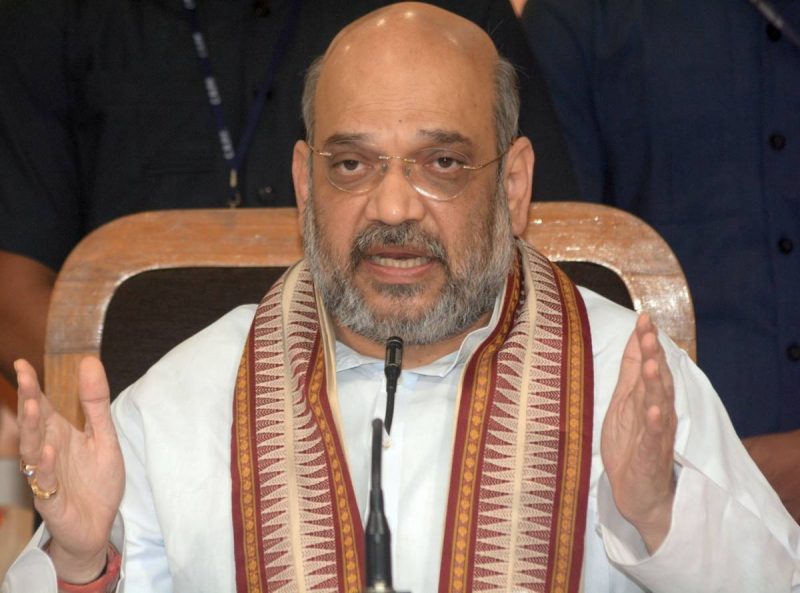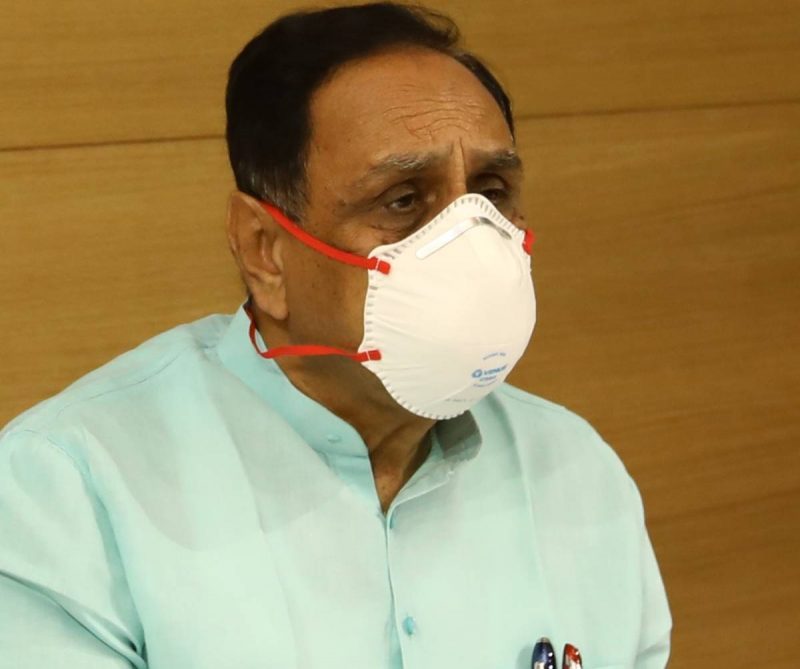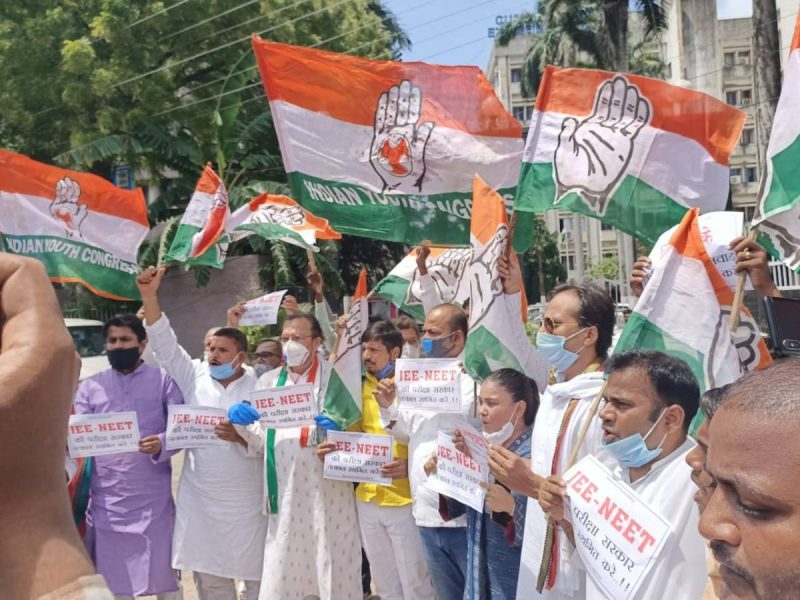States to receive compensation for revenue loss every quarter under GST….reports India Daily Newsdesk

States would receive the provisional compensation for revenue loss every quarter under the Goods and Services Tax (GST), which will be annually calculated by the CAG, according to the draft GST laws released on Saturday.
This GST compensation to the state will be provisionally released on quarterly basis and later finally calculated for every financial year, the draft law said. The compensation will be payable for a period of five years.
The draft law prescribes the methodology to compensate the states for loss of revenue arising on account of subsuming of various taxes such as VAT, Central Sales Tax, octroi, local body tax, etc into GST.
The draft law has also added an anti-profiteering measure, according to which the central government can constitute an authority to examine whether reduction in the price of goods and services supplied by a person has resulted on account of any reduction in the tax rate.
“From consumers’ perspective, this is a welcome provision as this may have a positive impact on inflationary pressure likely to be observed during initial years of GST introduction,” chartered accountant and GST analyst Pritam Mahure told IANS.
“Further, this provision actually shifts the onus on the companies to first understand the gains and then ensure that they pass on the same to consumers to avoid penal consequences. The concept of Anti-profiteering appears to be borrowed from Malaysian GST,” Mahure added.
The revised drafts of three GST laws were released on Saturday after incorporating suggestions from stakeholders. These will now be placed before the Goods and Services Tax Council in its next meeting on December 2-3.
“The revised drafts of the Model GST Law, iGST Law, GST Compensation Law have been uploaded on our website (Central Board of Excise and Customs). These laws will be considered by the GST Council on December 2-3 and finalised,” Revenue Secretary Hasmukh Adhia said in a tweet on Saturday.
The states will now internally deliberate on the revised drafts, which were finalised in a meeting of the Council’s Law Sub-Committee, comprising central and state officials, on Friday in Delhi.
The Central GST (cGST) will be framed based on the Model GST Law. The states will draft their State GST (sGST) based on the cGST with minor variations.
Four draft bills — Central GST, State GST, Integrated GST and State Compensation Law for revenue losses — will have to be passed by Parliament and state assemblies after the Council’s approval.
The government is targeting April 1, 2017, as the implementation date for the new indirect tax system.









